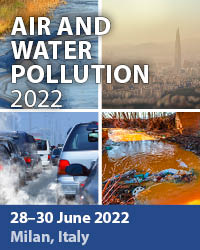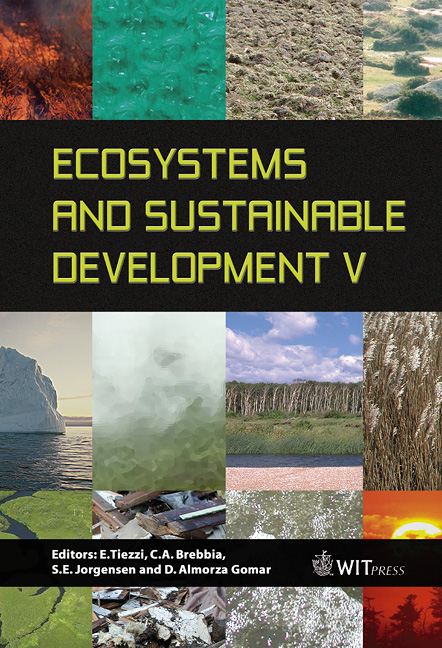Financing The Ecological City
Price
Free (open access)
Transaction
Volume
81
Pages
10
Published
2005
Size
322 kb
Paper DOI
10.2495/ECO050321
Copyright
WIT Press
Author(s)
R. R. White
Abstract
A great deal of work has been accomplished on the physical aspects of the sustainable city, but relatively little has been done to explore the alternatives for financing sustainability in the urban context. This paper examines what has been accomplished already to encourage sustainability through the application of financial instruments such as traffic congestion charges, user fees for stormwater management, materials recycling, and similar initiatives. Together these instruments may be seen as constituting the field of ‘urban environmental finance’ which may be defined as consisting of financial instruments which encourage a transition towards behaviour which supports the sustainability of urban systems. Whereas many examples exist of particular innovations in this area, no urban government appears to have approached the challenge in a comprehensive way using the framework of sustainable urban development. The reasons why this has not yet happened are not difficult to find. For example, politicians are usually reluctant to propose new charges even if they can promise that they will be revenue-neutral. Second, in many countries the urban level of government has very limited powers to impose such charges. Third, some schemes require significant costs for data collection and other implementation costs. Examples will be drawn from Canada, the United States, Europe and South-East Asia, with a focus on transportation, water and emissions to the air. Keywords: urban finance, environmental finance, urban services, urban infrastructure, full cost pricing, urban metabolism, climate change and cities, ecological cities. 1 Introduction A recent report of the U.S. National Research Council stated that: ‘Over the next 30 years, most of the growth in the world’s population is expected to occur in the
Keywords
urban finance, environmental finance, urban services, urban infrastructure, full cost pricing, urban metabolism, climate change and cities, ecological cities.





